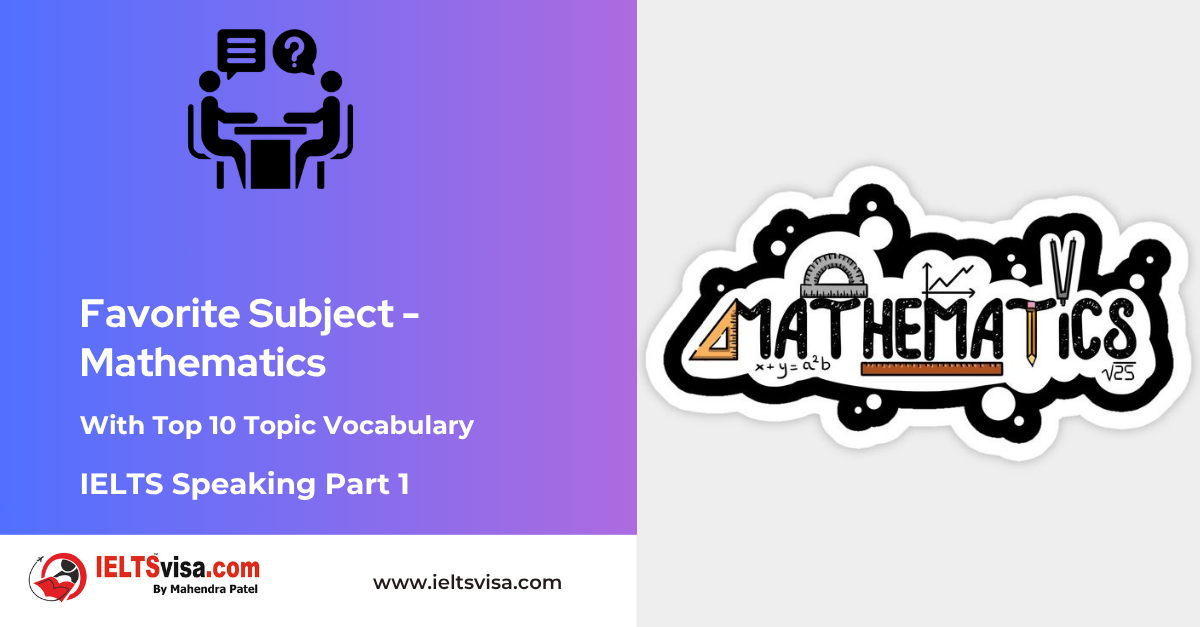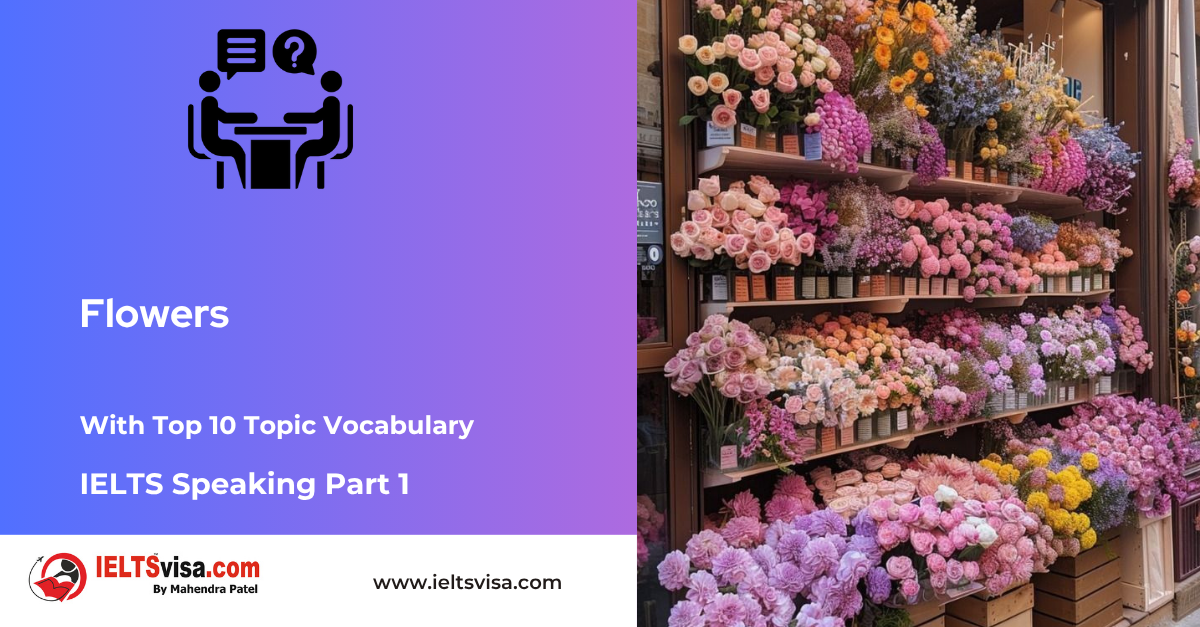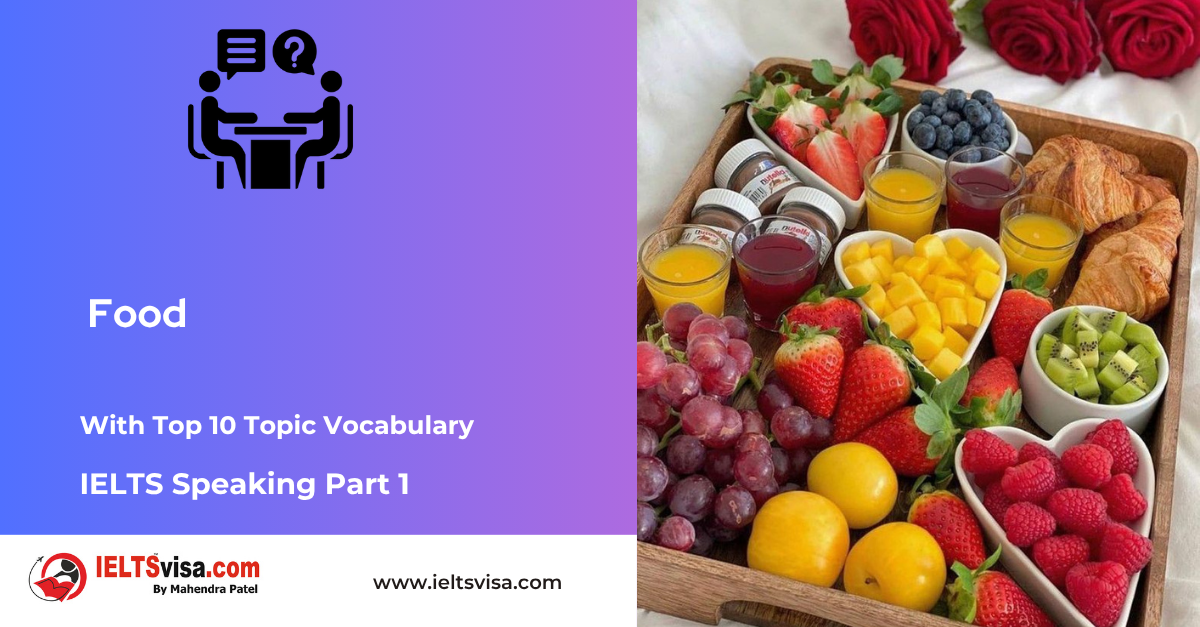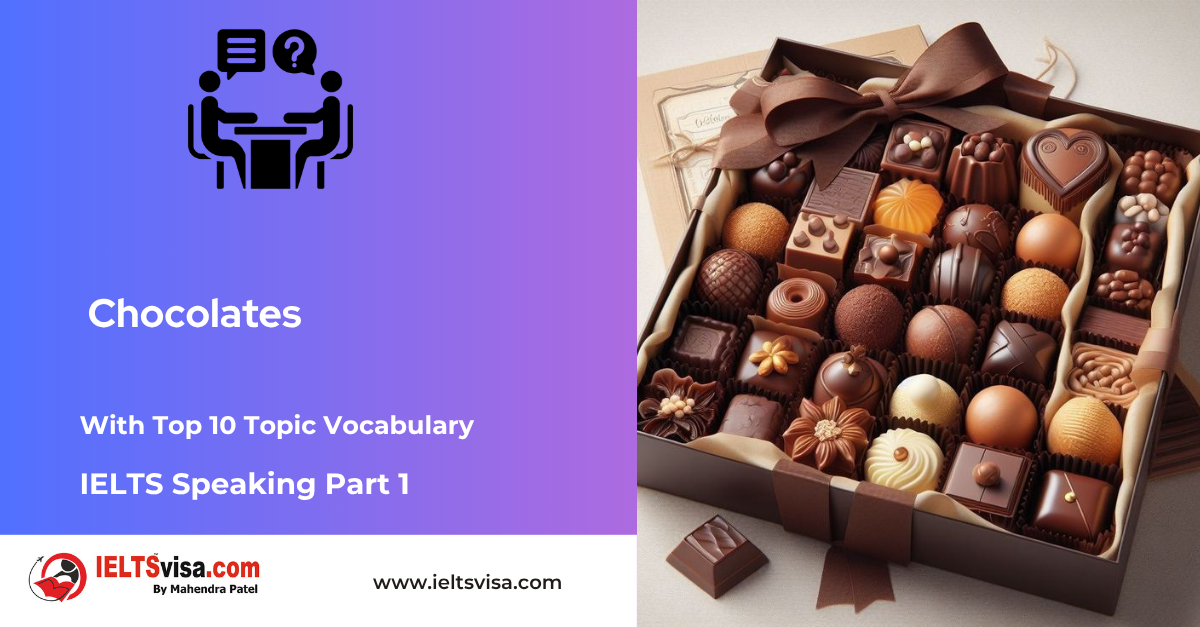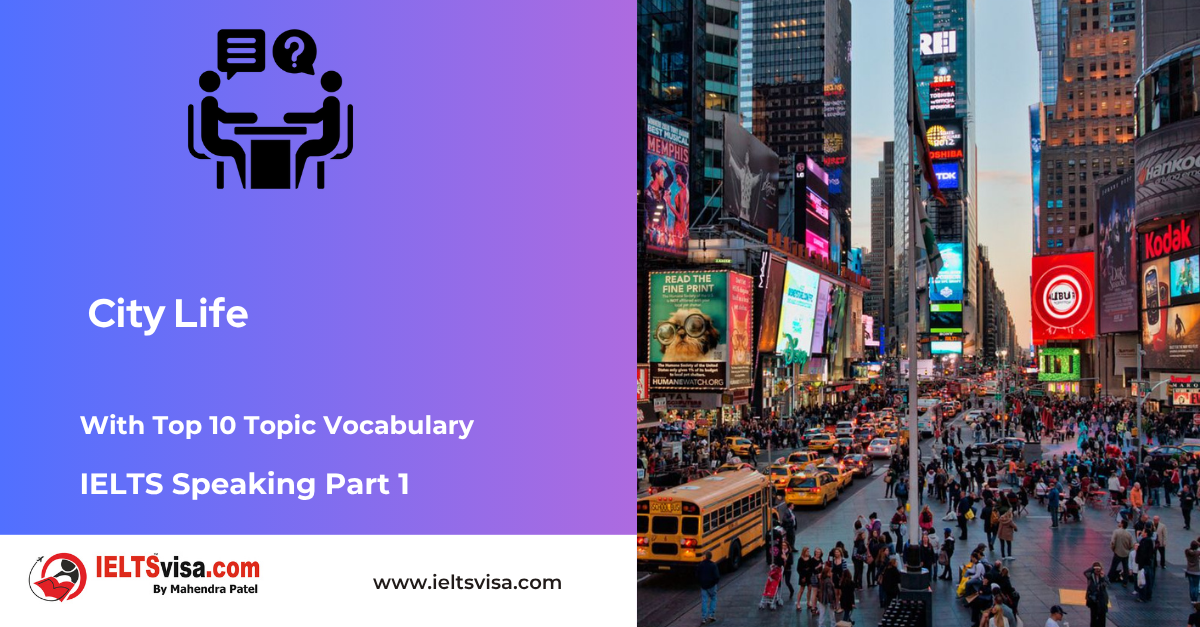IELTS Speaking Part 1 – Favourite Subject – Science
IELTS Speaking Practice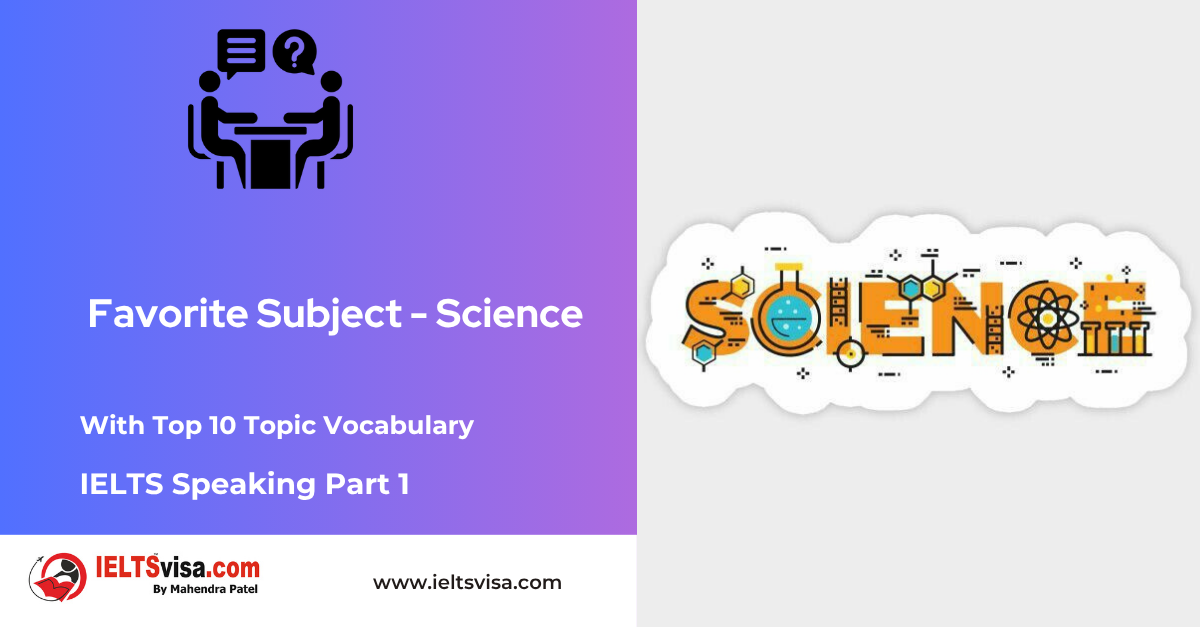
IELTS Speaking Part 1 – Favourite Subject – Science
Examiner: What is your favourite subject? Candidate:My favourite subject is science. Examiner: Why do you like science? Candidate: I like science because it helps me understand how the world works. It covers fascinating topics, from the smallest particles to the vastness of the universe, and I enjoy learning about natural phenomena and scientific principles. Examiner: When did you start liking science? Candidate: I started liking science in elementary school when we did hands-on experiments and activities. Those practical experiences sparked my curiosity and interest in the subject. Examiner: How often do you study science? Candidate: I study science regularly, which is a core subject in my academic curriculum. I try to read scientific articles and watch educational videos in my free time to deepen my understanding. Examiner:What specific areas of science do you enjoy the most? Candidate: I particularly enjoy Biology and Astronomy. Biology allows me to learn about living organisms and ecosystems. At the same time, Astronomy fascinates me with its study of stars, planets, and the universe. Examiner: How has your interest in science helped you in other subjects? Candidate: My interest in science has improved my critical thinking and analytical skills, which are beneficial in subjects like Mathematics and Geography. It has also enhanced my understanding of how different subjects are interconnected. Examiner:Do you think science is difficult for most students? Candidate: Some students find science difficult because it requires understanding complex concepts and theories. However, with the proper teaching methods and resources, it can become more accessible and enjoyable. Examiner: How do you feel when you conduct a successful experiment? Candidate: I feel excited and accomplished when I conduct a successful experiment. Seeing my efforts’ results and confirming scientific theories through practical application is rewarding. Examiner: Who is your favourite science teacher, and why? Candidate: My favourite science teacher from high school is Mr. Rathod. He is passionate about teaching and uses engaging methods, like interactive experiments and discussions, to make the subject interesting. Examiner:Have you participated in any science fairs or competitions? Candidate: I have participated in several science fairs and competitions. These events are great opportunities to showcase my projects, learn from others, and gain valuable feedback. Examiner: Do you use science in your daily life? Candidate : I use science in my daily life in various ways, such as understanding nutrition labels, cooking, and even making environmentally friendly choices. Science helps me make informed decisions. Examiner: How do you usually prepare for your science exams? Candidate : I prepare for my science exams by reviewing notes, studying textbooks, and doing practice questions. I also conduct small experiments at home to reinforce my understanding of concepts. Examiner: Do you prefer studying science alone or with friends? Candidate : I prefer a mix of both. Studying alone helps me focus on complex topics, while studying with friends allows for discussions and different perspectives that enhance my learning. Examiner: What is the most challenging science topic you have encountered? Candidate : The most challenging science topic I have encountered is Quantum Mechanics. The concepts are highly abstract and counterintuitive, but I grasped the basics with effort. Examiner: How will science help you in your future career? Candidate : Science will help me in my future career by providing a strong foundation in analytical and problem-solving skills. It is essential for many fields, including medicine, engineering, and environmental science. Examiner: Do you think science is important for everyone to learn? Candidate : Science is essential for everyone to learn because it helps us understand the world around us and make informed decisions. It also fosters curiosity and innovation. Examiner: What advice would you give to someone struggling with science? Candidate : I would advise them to stay curious, ask questions, and seek help from teachers or tutors. Practical experiments and real-life applications can make the subject more engaging and easier to understand. Examiner: Do you read any books or watch science-related videos outside school? Candidate : I enjoy reading science books and watching documentaries and educational videos. They provide additional insights and keep me updated on the latest scientific discoveries. Examiner: What do you think about how science is taught in schools? Candidate : Science education can be improved by incorporating more hands-on experiments and real-world applications. Making the subject more interactive and relevant can enhance students’ interest and understanding. Examiner: How has science influenced your view of the world? Candidate : Science has influenced my view of the world by making me more curious and open-minded. It has taught me to question things, seek evidence, and appreciate the complexity and beauty of the natural world.Top 10 Topic Vocabulary for “Favourite Subject – Science”
|
Vocabulary |
Type |
Meaning |
Synonyms |
Antonyms |
Word Family |
Example Sentences |
|
Phenomena |
Noun |
A fact or occurrence observed or experienced |
events, occurrences, incidents |
phenomenal |
I enjoy learning about natural phenomena. I find natural phenomena like rainbows and eclipses fascinating. |
|
|
Ecosystems |
Noun |
A geographic area where plants, animals, and other organisms, as well as weather and landscape, work together to form a bubble of life |
habitats, environments, biomes |
ecological |
I study ecosystems in my biology class. I am learning about the different ecosystems of the Amazon rainforest. |
|
|
Astronomy |
Noun |
The study of stars, planets, comets, and other celestial bodies |
astrophysics, cosmology, celestial mechanics |
astronomical |
Astronomy is my favourite branch of science. I am fascinated by the study of astronomy and the mysteries of the universe. |
|
|
Critical thinking |
Noun |
The ability to analyse information and make sound judgments |
logical thinking, analytical thinking, problem-solving |
criticise |
Science develops critical thinking skills. Studying science helps you build critical thinking skills, such as analysing information and evaluating evidence. |
|
|
Analytical |
Adjective |
Relating to or using analysis |
logical, critical, rational |
analyse |
Science requires analytical skills. Scientists need to be analytical to understand complex scientific concepts and solve problems. |
|
|
Intricate |
Adjective |
Complex and detailed |
complicated, involved, elaborate |
intricacy |
Some scientific concepts can be intricate. Some scientific theories can be very complex and challenging to understand. |
|
|
Perseverance |
Noun |
The quality of continuing in a course of action despite difficulty or opposition |
persistence, tenacity, determination |
persevere |
Perseverance is essential in science. Scientists often need to be persistent and persevere through challenges to make discoveries. |
|
|
Relatable |
Adjective |
Easy to understand or relate to |
understandable, comprehensible, relatable |
relate |
Making science relatable to real-life examples can be helpful. Connecting scientific concepts to real-world examples can make them easier to understand. |
|
|
Innovative |
Adjective |
Introducing new methods, ideas, or products |
creative, inventive, original |
innovate |
Science is a field of innovation. Scientists are constantly innovating and developing new technologies and discoveries. |
|
|
Empirical |
Adjective |
Based on observation or experiment rather than theory or pure logic |
observational, experimental, factual |
empirically |
Science relies on empirical evidence. Scientific knowledge is based on evidence gathered through observation and experimentation. |

Our Books
Master IELTS Speaking Part 1
IELTS Writing Task 1 Book
IELTS Writing Task 2 Book
Practice IELTS Other Modules
IELTS Listening
The IELTS Listening test assesses how well you can understand spoken English in various contexts. It lasts about 30 minutes and is divided into four sections with a total of 40 questions. The listening tasks become increasingly difficult as the test progresses.
IELTS Academic Reading
The IELTS Academic Reading section assesses your ability to understand and interpret a variety of texts in academic settings. It is designed to evaluate a range of reading skills, including skimming for gist, reading for main ideas, reading for detail, understanding inferences, and recognizing a writer's opinions and arguments.
IELTS Speaking
The IELTS Speaking test assesses your ability to communicate in English on everyday topics. It lasts 11-14 minutes and consists of three parts: introduction, cue card, and a discussion based on the cue card topic.
IELTS General Reading
IELTS General Reading tests your ability to understand and interpret various types of texts. Here are some key areas and types of content you can expect to encounter in the reading section, along with tips for effective preparation.
IELTS Academic Writing Task 1
In IELTS Academic Writing Task 1, you are presented with a visual representation of information, such as graphs, charts, tables, or diagrams, and you are required to summarize, compare, or explain the data in your own words.
IELTS General Writing Task 1
In IELTS General Writing Task 1, you are required to write a letter based on a given situation. The letter can be formal, semi-formal, or informal, depending on the prompt. Here’s a breakdown of the key components to include in your letter
IELTS Academic Writing Task 2
In IELTS Academic Writing Task 2, you are required to write an essay in response to a question or topic. Here’s a guide to help you understand the essential elements of this task
IELTS Exam Tips
To succeed in the IELTS exam, practice regularly, familiarize yourself with the test format, improve your vocabulary, develop time management skills, and take mock tests to build confidence.
Grammer for IELTS
Grammar is the foundation of effective communication in English. Understanding tense usage, subject-verb agreement, and sentence structure enhances clarity and coherence in writing and speaking.
Vocabulary for IELTS
Vocabulary plays a crucial role in the IELTS (International English Language Testing System) exam, especially in the Speaking and Writing sections. Here’s an overview of why vocabulary is important and how it impacts your performance
RECENT IELTS SAMPLES QUESTIONS AND ANSWERS
IELTS Speaking Part 1 – Favourite Subject – Math
IELTS Speaking Part 1 - Favourite Subject – Math Examiner: What is your favourite subject? Candidate: My...
IELTS Speaking Part 1 – Flowers
IELTS Speaking Part 1 - Flowers Examiner: Do you like flowers?Candidate: Absolutely! I find flowers incredibly...
IELTS Speaking Part 1 – Food
IELTS Speaking Part 1 - Food Examiner: What kind of food do you enjoy eating the most?Candidate: I'm a big fan...
IELTS Speaking Part 1 – Foreign Language
IELTS Speaking Part 1 - Foreign Language Examiner: Do you speak any foreign languages?Candidate: Yes, I speak...
IELTS Speaking Part 1 – Chocolate
IELTS Speaking Part 1 - Chocolate Examiner: Do you like chocolate?Candidate: I love chocolate. It’s one of my...
IELTS Speaking Part 1 – City Life
IELTS Speaking Part 1 - City Life Examiner: Do you like living in a city?Candidate: Yes, I enjoy living in a...

